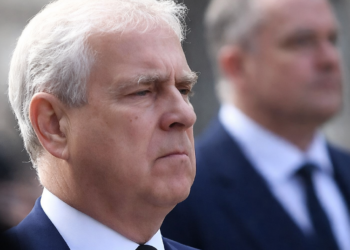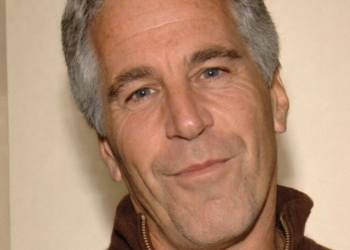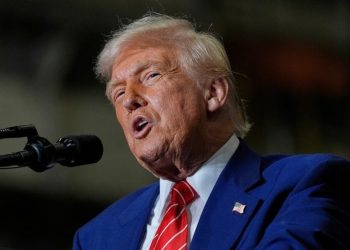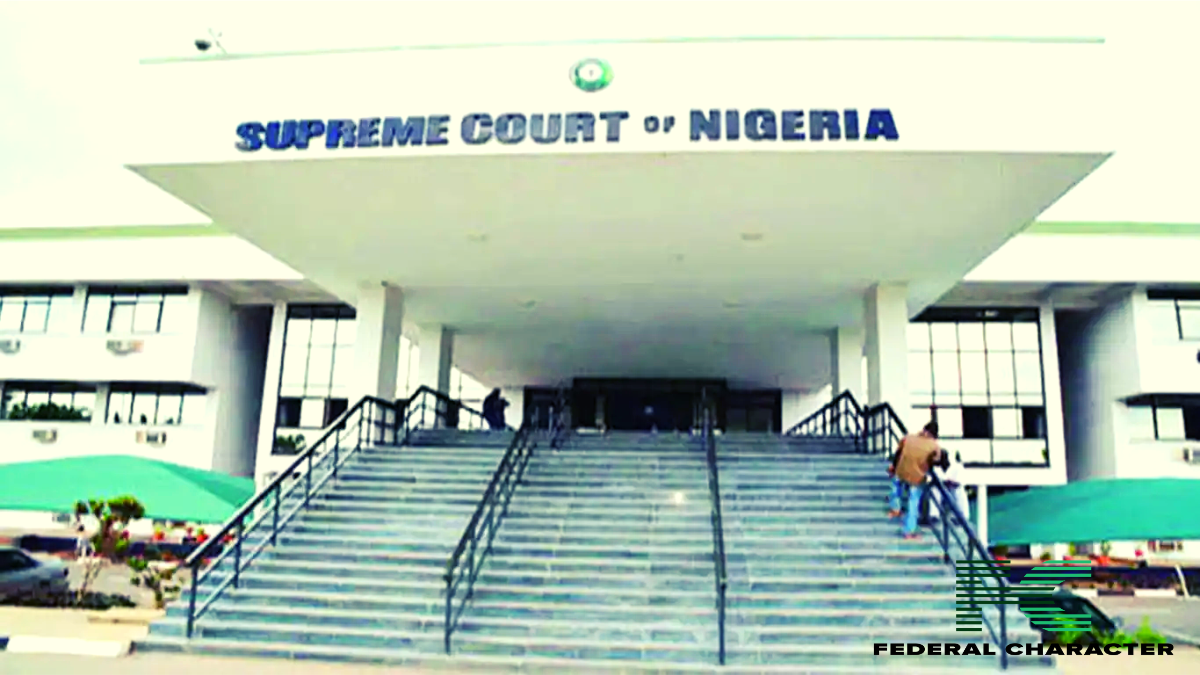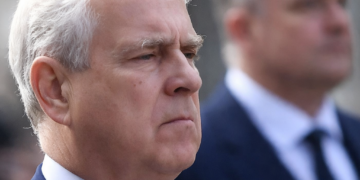Nigeria is on edge, recalling the recent trauma of the End SARS protests. The movement, which aimed to end police brutality, ended in tragedy with the Lekki Toll Gate shooting, an event the government has yet to acknowledge fully. Regardless of this painful chapter in the history of Nigeria, a percentage of Nigerians dissatisfied with the present administration are calling for a nationwide peaceful protest against the administration.
The “Tinubu Must Go” Hashtag
The hashtag “Tinubu Must Go” has become a focal point of discontent on X (formerly Twitter), mirroring widespread frustration with President Bola Tinubu’s government. This discontent stems from economic struggles, allegations of corruption, and a general sense of disappointment with his administration’s performance.
The phrase “Tinubu Must Go” has become the rallying cry, with many users voicing their grievances over the state of the nation. While inflation is a global issue, Nigerians feel they are disproportionately affected by skyrocketing living costs, food prices, and fuel expenses. These economic challenges have been exacerbated by what many perceive as ineffective and unfavorable government policies. There are also allegations of mismanagement and corruption that have intensified calls for Tinubu’s resignation.

Campaign Objectives
The #TinubuMustGo and #EndBadGovernance campaigns, primarily driven by youth on social media, are calling for a range of reforms. Their demands include:
- Reversal of Fuel and Electricity Prices: Reduction of fuel prices and electricity tariffs to alleviate the cost of living.
- Increased Civil Servant Salaries: Aligning salaries with the new minimum wage to reflect rising living costs.
- Release of End SARS Protesters: Freedom for those still detained from the End SARS movement and compensation for families of the victims of the Lekki toll gate massacre.
- Reversal of Student Fee Increases: Addressing rising fees and utility costs in tertiary institutions.
- Electoral and Government Reforms: Implementation of electronic voting, reduction in government spending, and significant cuts to National Assembly salaries and allowances.
- Judicial and Constitutional Reforms: Implementation of the 2014 constitutional conference resolutions and a full audit of government agencies, including the NNPC..
Possible outcomes
The outcomes of this clamour could be varied. If the movement gains substantial traction, it could lead to increased political pressure on Tinubu’s administration and potentially influence future policy decisions. In the worst-case scenario, continued unrest might escalate into broader political instability.
However, it’s also possible that the administration may undertake reforms to address some of the grievances being raised. The focal point still remains: “how much can Nigerians push for a change.”
Future Prospects
Despite the fervor online, there is caution about taking protests to the streets, given the violent outcome of previous demonstrations. Whether the clamor for change will overcome fears of further violence remains to be seen as Nigeria approaches a possible nationwide protest. The coming days will be crucial in determining the path forward for the country.


